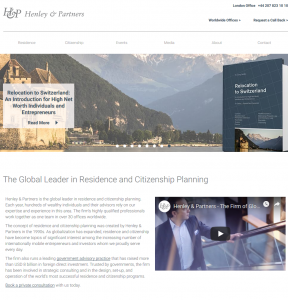Herewith a few equity- and policy-oriented musings about the latest state of the pandemic world.
1. Media, and many researchers who should know better, seem obsessed with the number of deaths from Covid-19, or associated with Covid-19. Good reasons exist to want to know this over the short term, for purposes of tracking the spread of the virus, but apart from the fact that in most countries the current chaos makes it impossible accurately to determine this number, it is largely irrelevant in terms of the overall health impacts of the pandemic.
The most basic indicator that matters is the all-cause mortality rate (age-adjusted or not, and both figures should be presented), and the inequalities in this indicator amongst various age, class, gender, race/ethnicity and regional demographics. Over time, all-cause mortality rates will reflect not only the short-term health system dislocations and dysfunctions associated with the pandemic, but also the longer-term impacts on social determinants of health of the depression that will follow the lockdown. In a few years, those of us still alive will be able to compare the effectiveness of various national responses … and to restate a point it is all-cause mortality, and not the number of deaths directly attributable to Covid-19 or among people tested positive, that matters. Dead is dead, whatever the cause.
2. In the UK, I continue to be baffled by the utter lack of comprehension among people professing a concern for equity of what economic downturns of the magnitude now apparently envisioned by Treasury – and of course these anticipations are all dependent on the assumed length of the lockdown, the nature of the exit strategy, and the economy’s subsequent response – will mean for everyday life and for the economic substrates of health inequalities. The cynical me suspects that most people in a position to prognosticate with anyone paying attention have gardens and can comfortably work from home, unlike much of the rest of the population.
Let me suggest just one example of probable impacts:
Concern about the fate of high street commerce has long been unmatched by meaningful policy response. Mr. and Mrs. Range Rover, who matter most in political terms, usually shop online or in the suburbs. Post-pandemic, for hard financial reasons, it is likely that local authorities will simply cease providing services to low-occupancy commercial high streets, and utilities will be released from whatever obligations they have to provide services in those areas. There will be few users, and fewer still who are able to pay their bills or council taxes.
A fantasy? Not at all. A variant of this policy was partially adopted as “planned shrinkage” in New York City in the 1980s, and much more recently in post-bankruptcy Detroit. There will be no-go high street wastelands of abandonment, at least until some far distant future when they will become attractive for reinvestment (beyond the lifetimes of many of us).
Alternatives can be imagined, in abundance (and will be the topic of a future post), but it is hard to think that any UK government will pursue them in the near future, especially as the country’s post-pandemic economic policy may well be managed jointly by the International Monetary Fund, as gatekeeper, and China, as the only external actor with the resources necessary to provide direct investment on the scale necessary.
3. Even if the UK’s post-Brexit departure from the single market and customs union is delayed, as it should be, the full scope of the dislocations will become clear at the start of next winter, when it becomes clear how many Britons simply cannot afford to heat their homes. Watch the all-cause mortality rate carefully as that happens.
This post was updated on 15 April.

